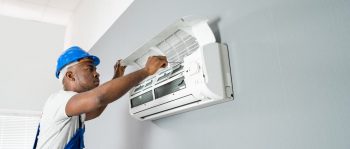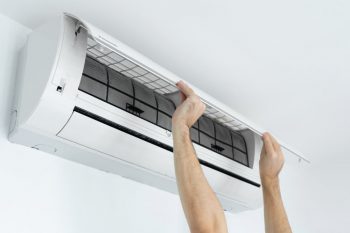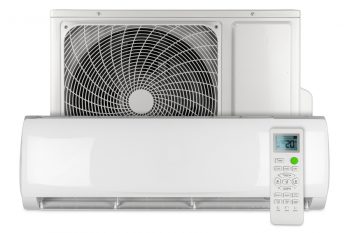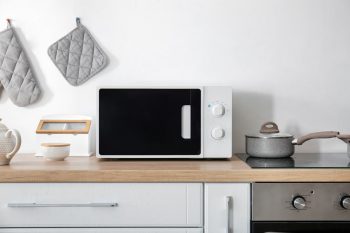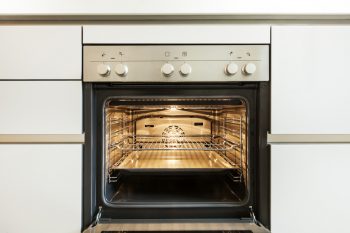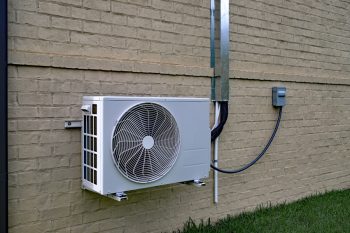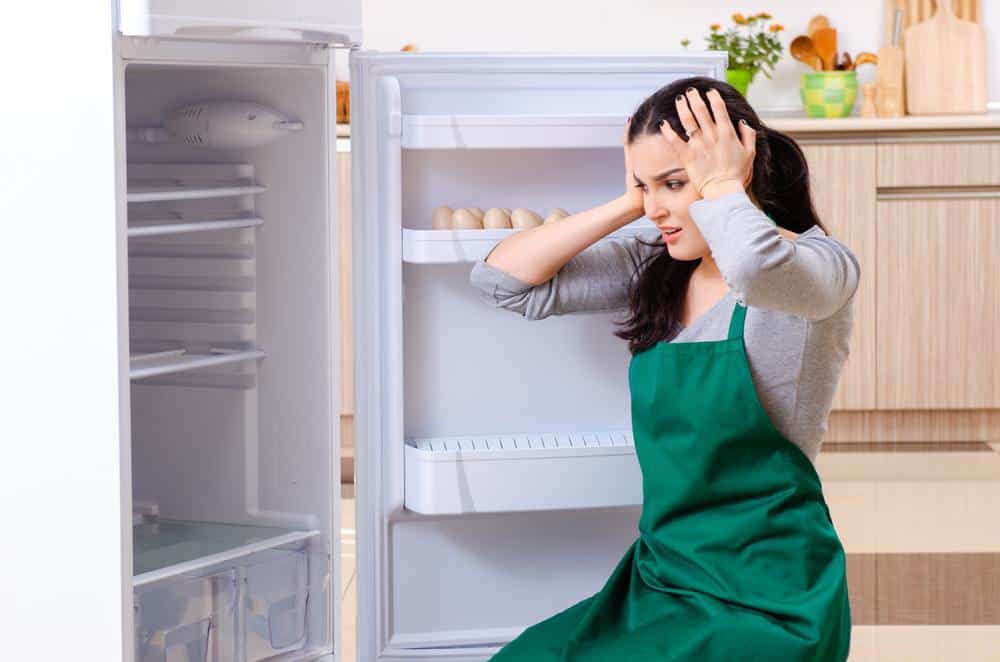
A frosty freezer might seem like a good thing, but excessive frost build-up in your LG refrigerator freezer can be a sign of several issues. It can affect the performance of your appliance, reduce the storage space, and even lead to unpleasant odors. Let’s dive into the possible causes of this issue and how you can prevent it.
Your LG refrigerator freezer might be frosting up due to incorrect temperature settings, door sealing issues, hot food in the unit, blocked air vents, or a faulty defrost system. To prevent frost build-up, ensure correct temperature settings, check door seals and air vents, avoid putting hot food directly into the unit, and maintain regular cleaning. If the problem persists, consider contacting a professional.
Incorrect Temperature Settings
One of the most common reasons for frost build-up in your LG refrigerator freezer is incorrect temperature settings. The recommended temperature settings for most models are 0°F for the freezer and 37°F for the refrigerator.
If your freezer’s temperature is set below 0°F, the automatic defrost cycle may not be able to fully melt the previous frost buildup, leading to an accumulation of frost. On the other hand, a tightly packed, full freezer can block the air vents, preventing proper air circulation, which also causes frost buildup.
For instance, if you notice that your freezer is colder than usual, you might want to check your temperature settings. You can easily adjust the temperature using the LG ThinQ™ app. Simply select the “Freezer” icon on the app and adjust the temperature between -24°C to -16°C.
Door Sealing Issues
Another common cause of frost build-up in the LG refrigerator freezer is door sealing issues. If the freezer door is not sealing properly, cold air will escape from the door seal, leading to frosting.
A slight opening around the freezer door can allow enough moisture to enter into the unit, which causes frost buildup. Over time, the door gasket can dry and crack, allowing warm air to enter and create frost.
To prevent this, ensure that no items are blocking the door from closing completely. Regularly check the door gasket for any signs of wear or damage, and replace it if necessary.
Hot Food in the Unit
Adding hot food to the refrigerator compartment can temporarily dissipate warm heat throughout the unit. The unit will require some time to cool down the hot food and regulate its internal temperature, which could lead to frost issues.
To avoid this, let hot food cool down to room temperature before placing it in the refrigerator or freezer.
Blocked Air Vents
Air vents play a crucial role in maintaining the temperature inside your LG refrigerator freezer. They allow the cold air to circulate in the unit. However, if these vents are blocked, it can lead to frost buildup.
Regularly check the air vents in both compartments for any signs of frost buildup. If you notice any, defrost your refrigerator manually and ensure that the vents are clear before turning your refrigerator back on.
Faulty Defrost System
The defrost system in your LG refrigerator works to prevent the accumulation of frost on the evaporator coils. If any component of this system is faulty, frost will continue to accumulate on the coils, leading to a frost issue in the freezer.
The defrost system includes several key components: the defrost heater, the defrost thermostat, and the defrost control board. If the defrost heater is defective, it won’t be able to melt the frost on the coils. If the defrost thermostat is faulty, it won’t turn on the heater. If these components are functioning properly, a faulty control board could be the issue.
How to Prevent Frost Build-Up
There are several maintenance practices you can adopt to prevent frost build-up in your LG refrigerator freezer:
- Set the correct temperature: Ensure that the temperature for both the refrigerator and freezer compartments are set properly.
- Check door sealing: Ensure that no items are blocking the door from closing completely.
- Check door gasket: Regularly check the door gasket for any signs of wear or damage, and replace it if necessary.
- Avoid hot food in the unit: Let hot food cool down to room temperature before placing it in the refrigerator or freezer.
- Check air vents: Regularly check the air vents in both compartments for any signs of frost buildup.
- Limit frequent opening of the door: Try to reduce the amount of time the freezer is left open. This will help keep the temperature inside your freezer consistent and cold.
- Keep the freezer away from a hot water heater or furnace: Too much heat or cold can cause your freezer to work overtime, and the result is frost buildup.
- Regular cleaning: Regularly clean the air vents to prevent the buildup of dust or dirt.
- Defrosting: If necessary, manually defrost your refrigerator.
If you’ve tried all these potential solutions and the problem persists, it might be a good idea to contact a professional for further assistance. By understanding why frost build-up occurs in your LG refrigerator freezer and knowing how to prevent it, you can ensure that your appliance operates efficiently and effectively.
Frequently Asked Questions
How often should I defrost my LG refrigerator freezer?
Most modern LG refrigerators are designed to automatically defrost every 6 to 8 hours, so manual defrosting shouldn’t be required often. However, if you notice excessive frost buildup, it might be necessary to manually defrost your freezer.
How to manually defrost my LG refrigerator freezer?
To manually defrost your LG refrigerator, first, unplug the unit and remove all food items. Leave the doors open to allow the frost to melt. You can also use a fan to speed up the process. Once the frost is completely melted, clean the inside of the refrigerator and freezer, then plug it back in. Remember, allow the unit to reach its set temperature before restocking the food items.
Can I replace the door gasket of my LG refrigerator freezer by myself?
Yes, replacing the door gasket on an LG refrigerator freezer is a task you can do yourself. You can purchase a replacement gasket from an authorized LG parts distributor. However, if you are not comfortable doing it yourself, it’s always a good idea to hire a professional.
How do I know if the defrost system in my LG refrigerator freezer is faulty?
A faulty defrost system often results in excessive frost buildup in the freezer. If you’ve checked for other common causes of frost buildup, such as incorrect temperature settings or door sealing issues, and the problem persists, it could be a sign of a faulty defrost system. In such cases, it’s recommended to contact a professional for diagnosis and repair.
How can I check if the air vents in my LG refrigerator freezer are blocked?
The air vents are usually located at the back of the refrigerator and freezer compartments. To check if they are blocked, look for any signs of frost or ice buildup. Also, ensure that food items or freezer packs are not blocking the vents. If you find any blockage, you may need to rearrange your food items or defrost the unit.



